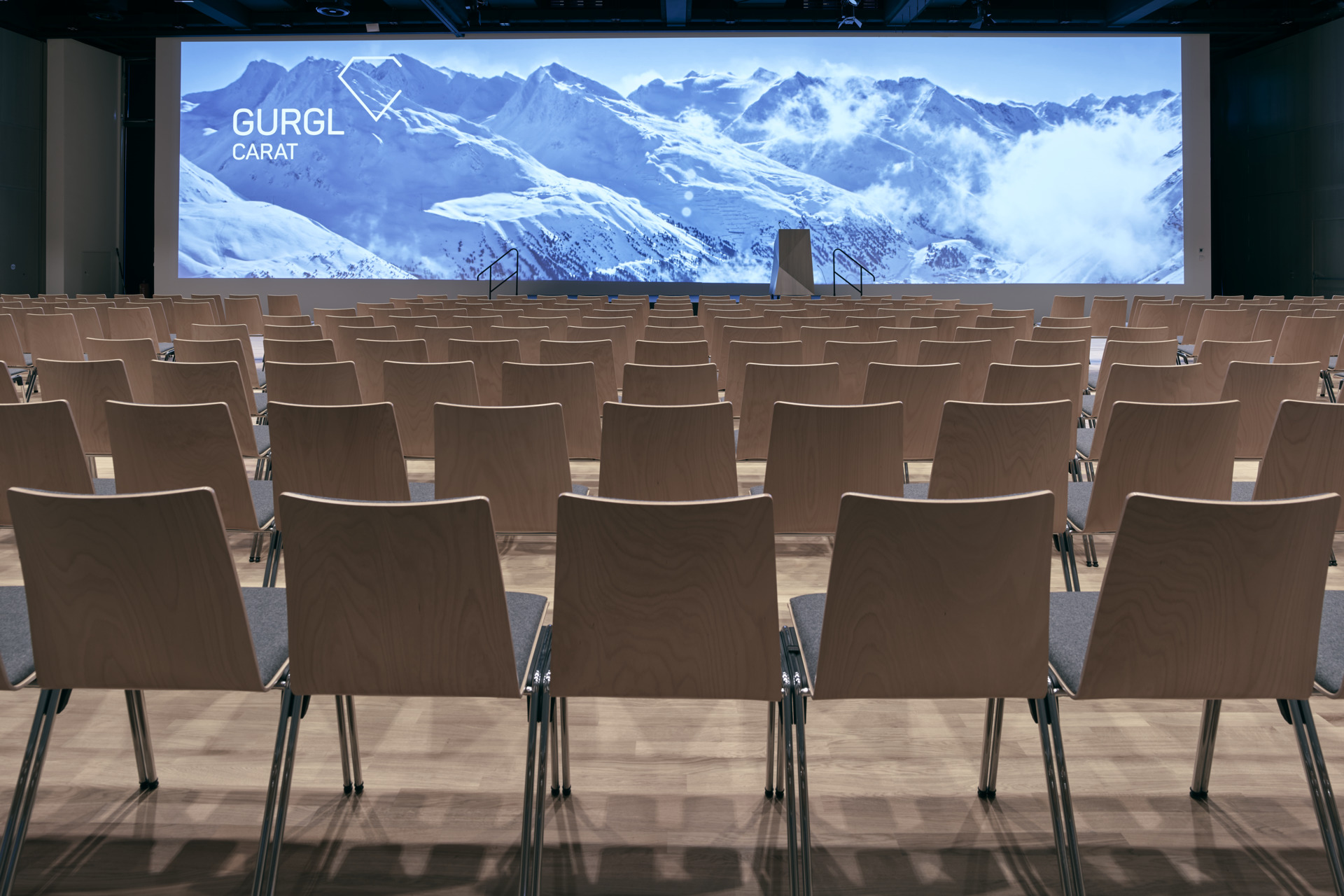This phase is the key of professional event planning. The organizing team puts the strategic and theoretical considerations into practice. The more detailed the planning in this phase, the less work you will have to do immediately before the event.
Program
‒ Determine or request speakers/presenters
‒ Create fringe program & activities
‒ Define exact schedule
Location
‒ Define requirements for event location (room size, number of rooms, technical equipment, furniture, parking, accessibility, etc.)
‒ Determine event location, possibly incl. site inspection beforehand
‒ Checking which fringe programs & activities are available
Catering
‒ Catering concept (service, buffet, meals, theme)
‒ Organization of breakfast, lunch, dinner, coffee breaks
‒ Information about participants’ intolerances/special requests (vegetarian, vegan, gluten-free, etc.)
‒ Catering for the construction team on site on the days before and after the event as well as for external staff
Logistics
‒ Create contact list of everyone involved
‒ Plan signposts, stage design, decoration on site
‒ Possibly request additional technical equipment
‒ Organization of arrival & departure as well as overnight accommodation on site
‒ Plan welcome desk in the hotel or information stand at the event location
‒ Organize cleaning during and after the event
Staff
‒ Planning of internal and external staff (project, catering, security, medical staff, cleaning, presenters/artists, transfer, media, etc.)
Communication
‒ Set schedule for “save the date”, invitations, posters, campaigns, etc.
‒ Create marketing plan
‒ Have printed material designed (name tags, invitations, posters, etc.)
‒ Have giveaways and clothing produced
Other issues
‒ Possibly inform any authorities/obtain permits
‒ Calculate possible charges or fees for copyrights
‒ On-site safety check (fire protection, escape routes, access roads for fire brigade/ambulance, noise protection, security, etc.)
‒ Check if you need special insurances




